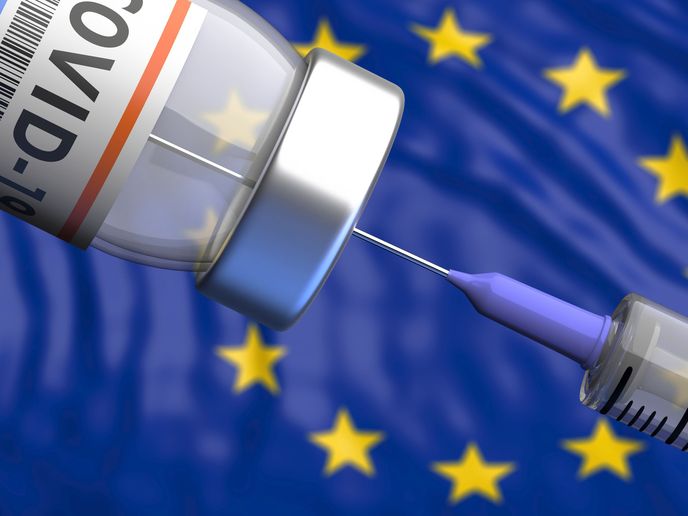Deciding who to save first with COVID-19 vaccines
When COVID-19 vaccines were first rolled out in limited quantities in early 2021, each country had to decide the order in which its citizens would be vaccinated. How did decision-makers prioritise allocation of these vital preventive resources during the coronavirus outbreak? A new study supported by the EU-funded BIOUNCERTAINTY project now analyses these value choices in the 27 EU Member States, Israel and the United Kingdom. The results have been published in the ‘Journal of Law and the Biosciences’. In almost all the countries, two groups were found to have been vaccinated first – frontline medical workers and nursing home staff and residents. Beyond that, the analysed countries prioritised senior citizens and those with coexisting health conditions over groups with occupations or housing conditions presenting a higher risk of infection. This is surprising, according to the study’s authors, “since, in the context of treatment, it is common and justifiable to adopt different allocation principles,” such as a saving more life-years approach or prioritising younger patients.
Sidelined occupations
Beyond frontline healthcare professionals, specific occupations were only prioritised in certain cases. Home-based care workers were given priority in 10 countries (Germany, Spain, France, Italy, Latvia, the Netherlands, Austria, Romania, Finland and Sweden). Teachers were also prioritised in 10 countries (Czechia, Germany, Greece, Spain, Latvia, Lithuania, Malta, Austria, Poland and Romania), most likely because of the need to end remote teaching. Grocery store workers were only prioritised in six countries (Germany, Ireland, Latvia, Austria, Romania and Slovenia), although no priority was given to waiters, taxi drivers and most other service sector workers facing a high risk of infection.
Disregarded housing conditions
The World Health Organization’s recommendation that migrants, refugees and prisoners in crowded housing situations be taken into account once 20 % of a country’s most vulnerable citizens had been vaccinated was largely disregarded. The only six countries to follow this recommendation were Germany, Ireland, Greece, Cyprus, Latvia and Romania. As reported in the study, “Bulgaria prioritized ‘vulnerable groups from the population due to high epidemiological risk of infection attributable to their way of life’ as the last group before the general population.” According to a news item posted on the website of BIOUNCERTAINTY project host Jagiellonian University (JU), Poland, PhD student and study lead author Karolina Wiśniowska states that there is no consensus among experts on the proper distribution of vaccines. Additionally, there is a lack of real-world data on the process. One thing was made clear. Vaccination schedules for COVID-19 were markedly different from regulations on medical treatments such as transplants that focus on saving as many people as possible while also considering a patient’s expected lifespan and quality of life. “The moral judgements underlying vaccination schedules cannot be unequivocally interpreted within the light of dominant ethical frameworks. However, this ambiguity may be seen as their strong point,” states study senior author Dr habil. Wojciech Ciszewski of JU in the same news item. “Since the public opinion and experts represent various ethical standpoints, and broad support is necessary for successful vaccination strategies, the ability to defend these strategies on various moral grounds may increase their social legitimacy.” BIOUNCERTAINTY (Deep uncertainties in bioethics: genetic research, preventive medicine, reproductive decisions) is taking a fresh look at ethical discussions emerging from biomedical developments. The project ends in 2024. For more information, please see: BIOUNCERTAINTY project web page
Keywords
BIOUNCERTAINTY, COVID-19, pandemic, coronavirus, vaccine, vaccination, vaccination schedule, citizen



